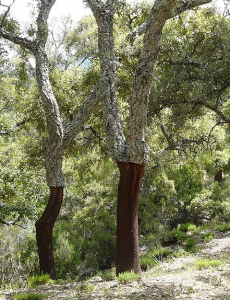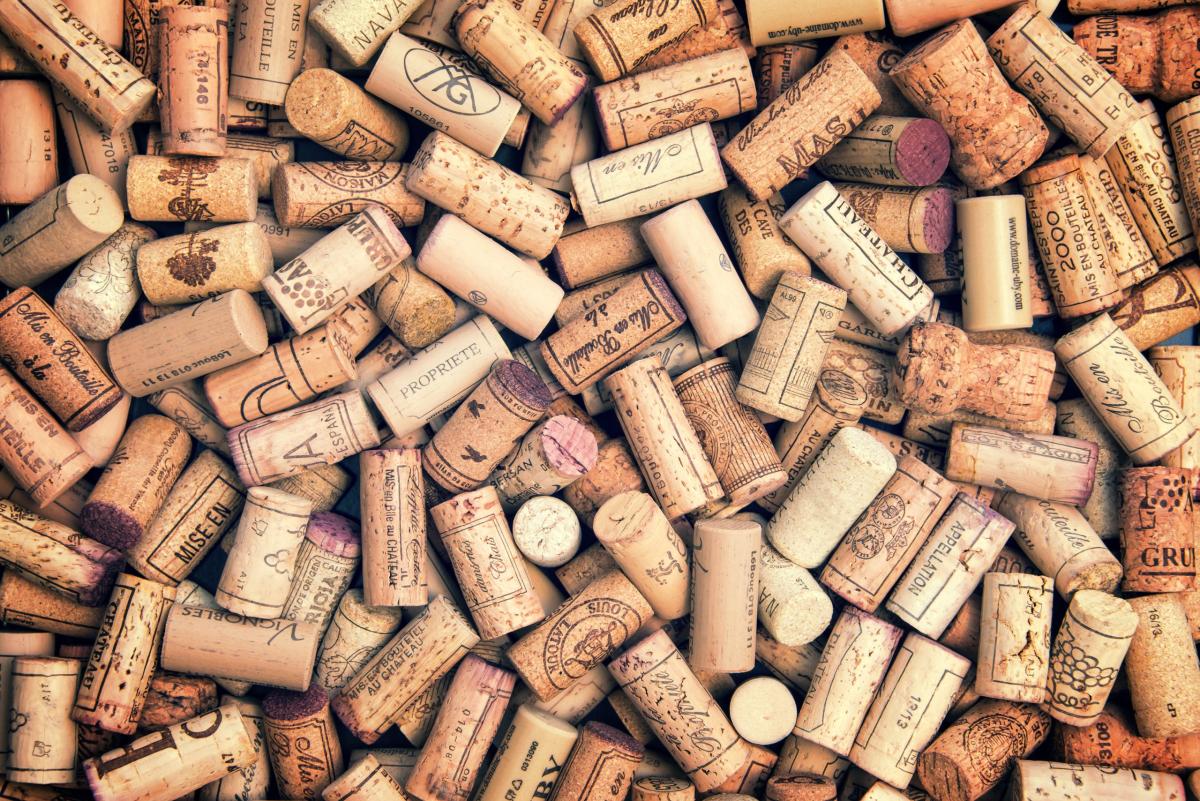For the wine consumer, the Great Cork Debate is nothing if not confusing. "Experts" sound off about the pros of one and cons of the other, often in complete contradiction with other "experts". It's easy to find yourself bewildered to immobility in the middle of a wine shop, a natural corked wine in your left hand, a synthetic corked bottle in your right, and a screw cap in front of you. Headaches like these can drive the most devoted wine enthusiast to consider collecting something else instead...perhaps hard liquor.
 As it turns out, the loudest voices in support of synthetic corks and screw caps often belong to those who make their living bottling wine. And this really isn't surprising, considering that the wine stopper industry rakes in $4 billion a year, and that synthetic corks and screw caps are considerably cheaper to produce than traditional corks.
As it turns out, the loudest voices in support of synthetic corks and screw caps often belong to those who make their living bottling wine. And this really isn't surprising, considering that the wine stopper industry rakes in $4 billion a year, and that synthetic corks and screw caps are considerably cheaper to produce than traditional corks.
And they do have a strong argument for getting rid of traditional corks: cork taint. Every wine collector has experienced that deep disappointment that comes when a bottle that's been carefully aging for years opens up smelling like wet cardboard, due to a chemical compound called trichloroanisole (TCA), which occurs naturally in some corks. Depending on which study you look at, cork taint affects between 3 and 15 percent of bottles. Those aren't numbers to be taken lightly, especially when we're talking about the often-expensive wines meant for aging.
But what these proponents of man-made corks or screw caps usually fail to mention is that there are also significant problems with these cork substitutes. Here are a few:
- Synthetic corks don't change with their surroundings. The glass that all wine bottles are made of expands and contracts with small temperature shifts in the environment around it. Natural cork expands and contracts with the bottle, keeping the seal between wine and air consistently snug. And environmental consistency is the number one rule of wine aging. A too-loose synthetic cork can let in too much oxygen, ruining the wine by letting the alcohol turn into acetic acid, or vinegar. A too-tight cork can be tough to remove from the bottle. The latter is a common problem with synthetic corks: after about 18 months, they can be too tight to extract without a fight.
- A small amount of oxygen is necessary for aging wine. Without oxygen, most of the natural reactions that occur between the hundreds of chemical compounds in a bottle of wine can't happen, and the wine can't develop so-called "aging flavors," notes that can make a Chardonnay "buttery" or a Cab taste of truffles. Screwcaps and synthetic corks prevent oxygen from getting to the wine. Sure, this prevents over-oxidation, but so does drinking wine the day it's bought. In short, a synthetic-corked bottle doesn't really "age"--it's just taking up space in the cellar.
- Screw caps can trap unsavory gases inside the bottle, ruining the wine's aroma. Some of the reactions that occur within an aging wine result in sulfury gases. These are allowed to dissapate through a natural cork and leave the wine, but are trapped by screw caps, resulting in a rotten-egg smell in the final product.
- Synthetic corks and screw caps could leech chemicals into the wine. We don't yet know how the compounds that make up plastics interact with the compounds in wine, but there are many studies that indicate the harmful effects the ingestion of plastics can have on the human body.
- For once, it turns out that the old way of doing things was more environmentally friendly.
Cork is taken from cork trees in sheets once every ten years. This process doesn't harm the tree, and in fact, the cork grows back, making it a renewable resource. A typical cork oak can continue producing for 200 years. Cork orchards, with cover huge swaths of land in Span, Algeria, Morocco, Italy, Tunisia, France, and Portugal, provide an environment for flora and fauna, including endangered species like the Iberian lynx, Barbary deer, and the Imperial Iberian eagle. Farming the cork provides jobs for over 100,000 people. The cork trees also trap vast amounts of carbon dioxide, lessening pollution. Almost 70% of the product from these cork farms goes directly to the wine stopper industry. Without it, the orchards and the protection they provide for people, animals, and the environment, would disappear.
- Steps are being taken to lessen the occurence of cork taint in natural-corked bottles. Major manufacturers have invested millions in recent years to screening their cork more carefully and upgrading their production processes. As a result, cork taint rates have been dropping.
Besides all these practical reasons to refuse to move to synthetic corks, there's a very deep psychological one. The satisfying "pop" signals that a tradition almost as old as civilization itself is about to begin. Wine is an organic, breathing substance. It is its nature to change over time, and to change not in a formulaic way, but in a way influenced by its environment and the skill of those in charge of it. To lock it behind machine-produced plastic is to lessen the artistry of wine aging.



